11 Different Types of Rosemary Plants (With Pictures)
-

- Last updated:
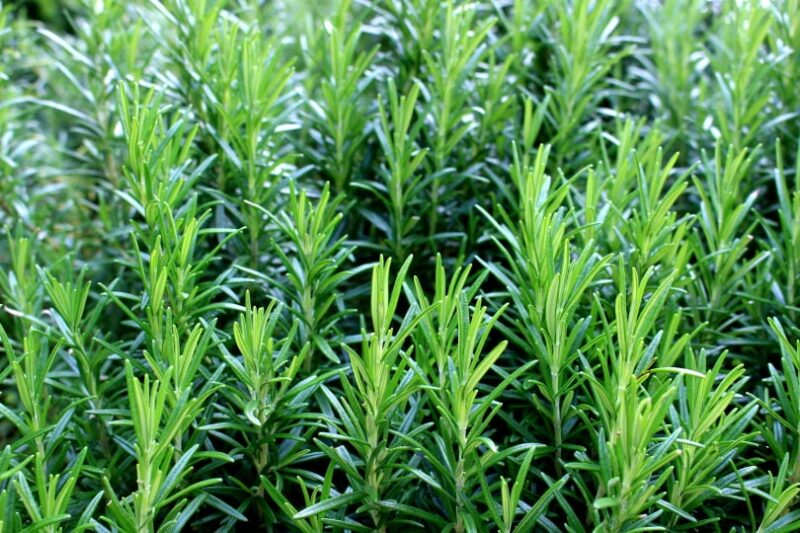
Rosemary is one of the most popular herbs because you can use it in perfumes, candles, foods, and more. It is a popular herb for amateur gardeners specifically because it can be grown in zones 7 through 10 and indoors. Plus, rosemary has a beautiful appearance that looks great in any garden.
Many people don’t realize that there are different types of rosemary plants. You must select the right rosemary plant based on your conditions and skill level to ensure it is the right plant for you. To learn about the most popular types of rosemary plants, keep reading.
The 11 Types of Rosemary Plants Are:
There are dozens of rosemary varieties around the world. Below, you will find the 12 most popular types of rosemary plants. These plants are a great place to start if you want to start growing rosemary in your home or garden.
1. Arp Rosemary
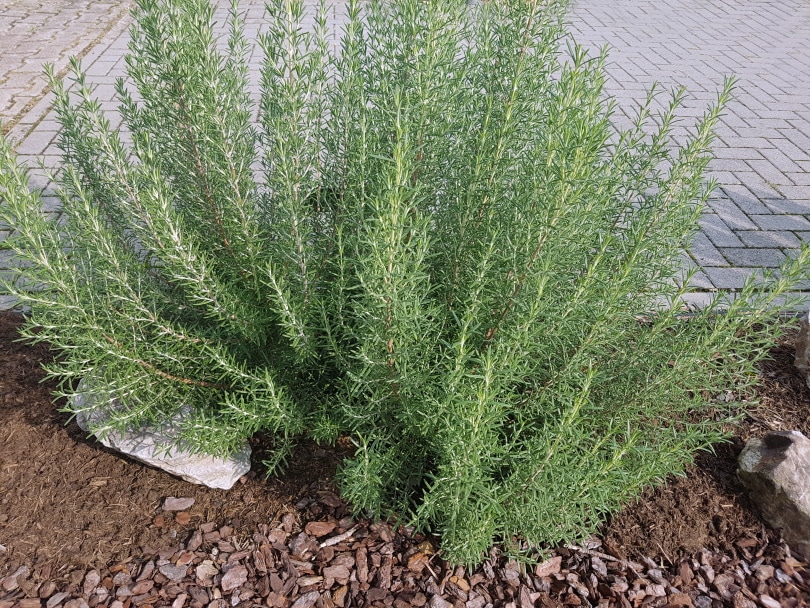
Arp Rosemary is a very cold-climate hardy variety. It has an upright growth pattern with incredibly aromatic needles. It has a delicious flavor and aroma for culinary use, but its large size makes it great for gardens, too.
2. Benenden Blue Rosemary
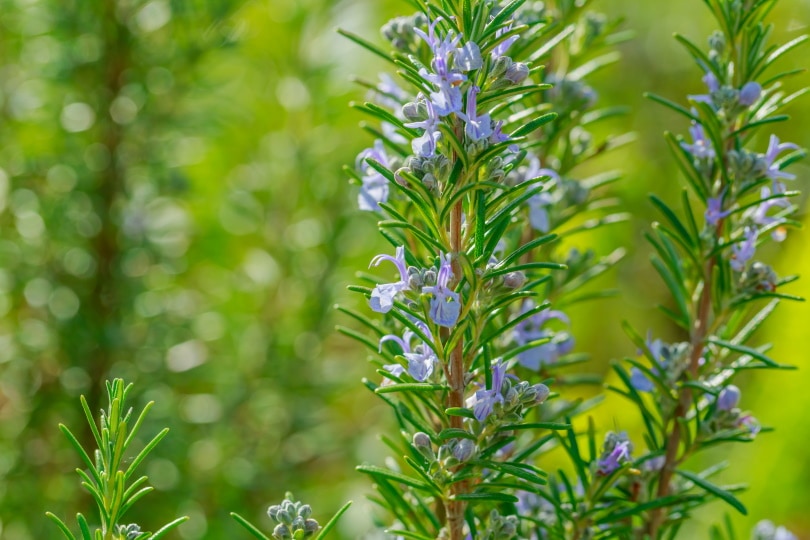
Benenden blue rosemary has needle-like leaves that have beautiful golden flecks. This rosemary variety grows upright and can reach 2 feet tall, but it has an equal width. In the spring, it boasts beautiful pale blue flowers.
3. Barbeque Rosemary
Barbeque rosemary is often used for cooking . It has a delicious flavor and aroma, and its stems make ideal skewers for barbequing, hence its name.
4. Blue Boy Rosemary
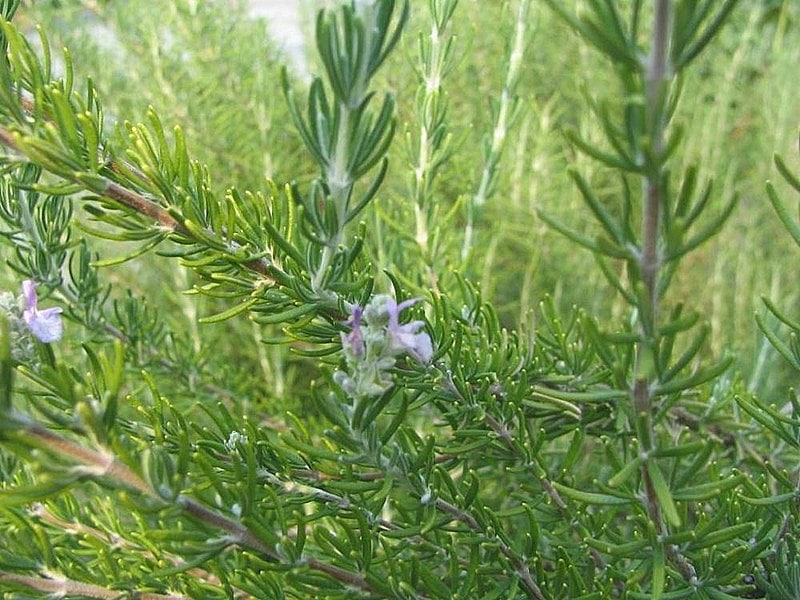
Blue boy rosemary is ideal for compact spaces. It only grows a couple of inches tall, making it a perfect choice for small ground cover or container growth. It is ideal for hardiness zones 8 through 10, and the soil pH should be between 6.5 and 8.5. This variety doesn’t need much water either.
5. Common Rosemary
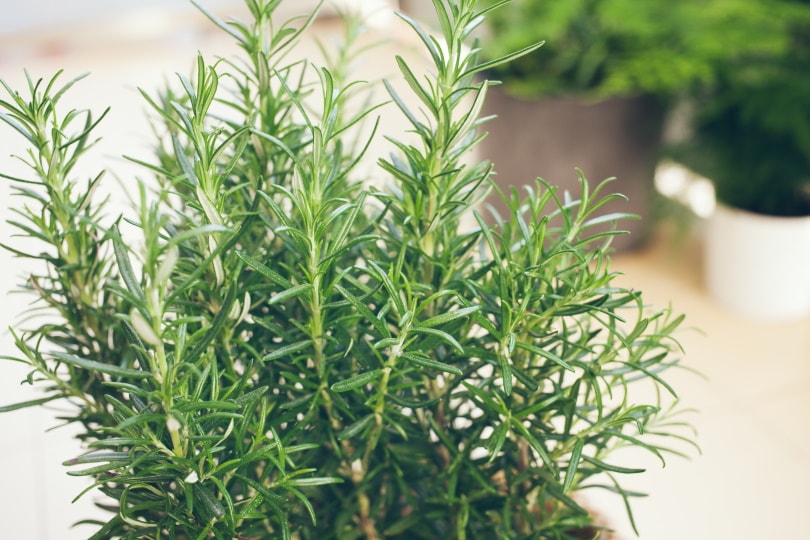
As you would figure, common rosemary is one of the most common types. It grows to 2–4 feet tall and needs dry soil with good drainage and direct sunlight exposure. Common rosemary is best for cooking purposes.
6. Majorca Pink Rosemary
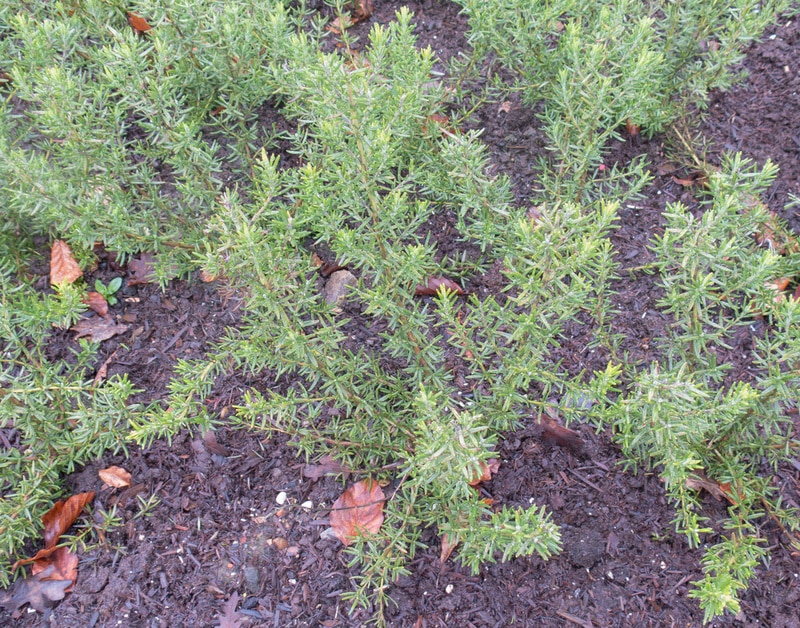
Majorca pink rosemary is one of the most unique varieties. Although most blooms on rosemary plants are light blue, these blooms are pinkish or lavender. They bloom in spring and summer.
7. Prostrate Rosemary
Prostrate rosemary is a favorite among indoor growers because it grows perfectly in hanging baskets. This creeping variety can also grow on the ground. It typically grows 3 feet tall but has a spread of 4–8 feet. The prostrate rosemary needs a bit more warmth than other varieties.
8. Salem Rosemary
Salem rosemary grows upright, allowing it to work as a hedge and an ornament. It typically grows 1–3 feet tall with a 1–3 foot spread. This variety needs direct sunlight exposure and moderate moisture levels.
9. Spice Island Rosemary
Spice Island rosemary is a great topiary choice. It grows 2–3 feet tall. What makes Spice Island rosemary so great is that it is easy to trim to fit the shape of your topiary garden. This rosemary has a very intense flavor, so only use it sparingly in meals.
10. Taurentius Rosemary
Taurentius rosemary is often used for cooking because it has a high heat and salt tolerance. This makes it delicious to pair with fresh meals and appetizers.
11. Tuscan Blue Rosemary
Hands down, the best rosemary variety for topiaries is the Tuscan blue. It has deep foliage that can be sheared into any shape. It’s also highly fragrant and can be used for cooking purposes.
What Is the Most Popular Rosemary Plant?
The most popular type of rosemary plant depends on the intended use of the plant. After all, rosemary plants used for cooking differ from those used for topiaries. Still, most people grow rosemary for cooking . The most popular rosemary types for cooking are upright because they have a higher oil content, resulting in more flavors and aroma. Beneden blue, Tuscan blue, and common rosemary are most popular for cooking.
In comparison, rosemary used for gardening or aesthetic purposes is horizontally shaped. Although these types of growth can be used for cooking, they are preferred for gardening since they can cover more space and don’t produce as much oil. Tuscan blue and spice island rosemary are great for gardening and topiaries. However, Tuscan blue rosemary is great for both purposes. If you can’t decide on a rosemary variety, Tuscan Blue might be a great place to start.
Conclusion
Even though we covered quite a few rosemary varieties, these are far from the only ones. Unlike other herbs, several varieties of rosemary can grow year-round and often produce attractive flowers in the spring and summer. These 12 rosemary types are a great place to start since they are the most common for cooking and gardening.
- You might also like: 10 Companion Plants for Rosemary (with Pictures)
Featured Image Credit: pilialoha, Shutterstock
Contents

